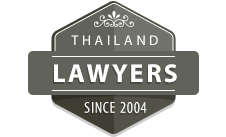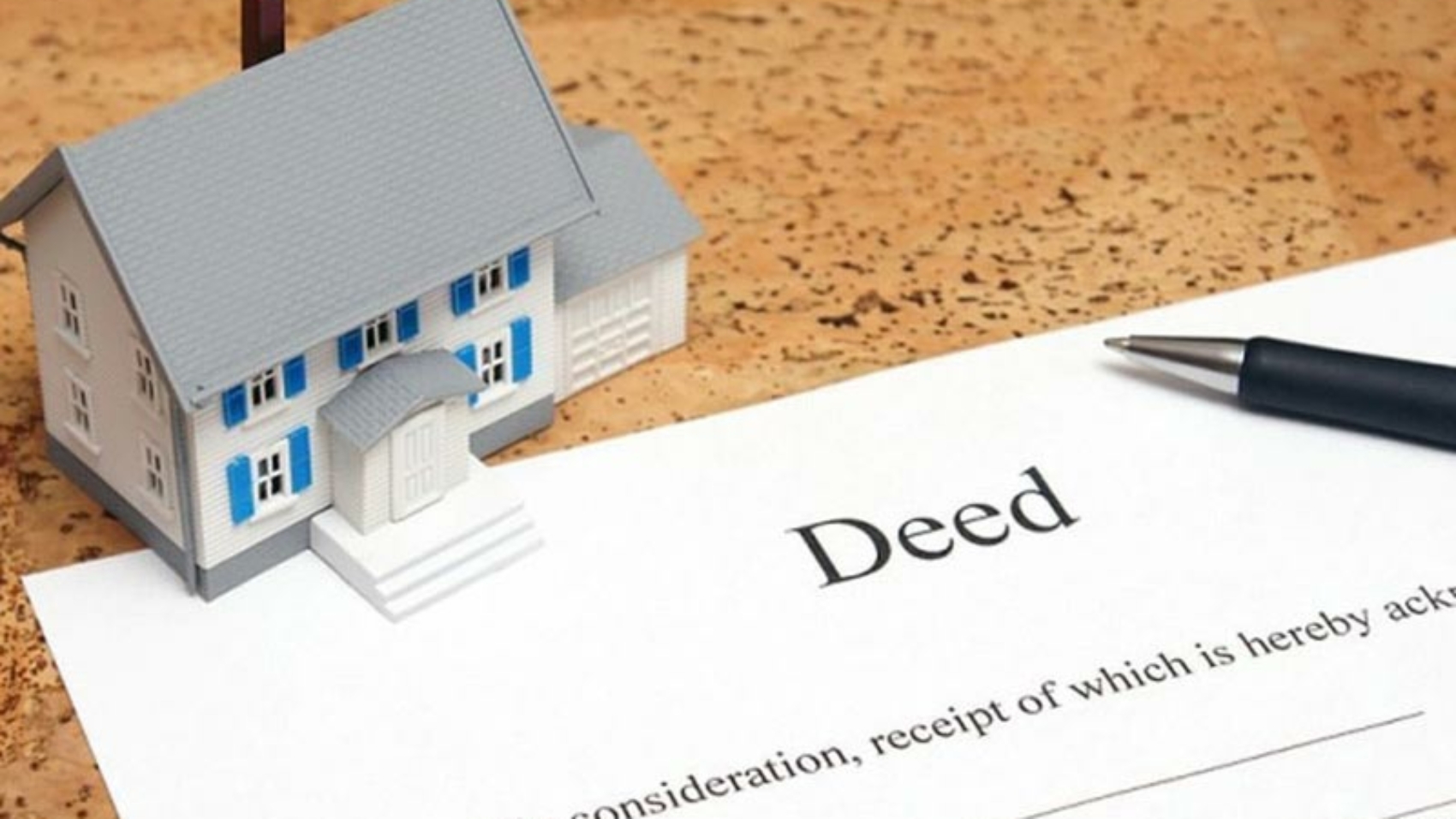Title Deeds in Thailand. Understanding title deeds is the single most important step before you buy, mortgage, lease or develop land in Thailand. The Land Office register is the legal source of truth: the type of deed determines what you can do with the land (sell, mortgage, subdivide), how secure your rights are, and what extra checks and documentation you must insist on. Below is a practical, legally grounded explanation of the deed types, what a chanote actually gives you, how encumbrances and registrations work, transfer formalities and fees, foreign-ownership constraints, and a step-by-step due-diligence checklist you can use before signing anything.
Legal foundation — the Land Code and the Land Department
Thailand’s land system is administered by the Department of Lands (Land Office) under the Land Code. The Land Office issues title documents, maintains cadastral maps, records encumbrances (registered leases, mortgages, servitudes) on the back of each title and supervises formal registration of transfers and other real rights. The Land Office copy — not the vendor’s photocopy — is the authoritative record you must inspect.
The hierarchy of title documents — red, green and black garuda
Thai land documents are commonly described by the colour of the Garuda and by the official form name. The practical hierarchy (from strongest to weakest) is:
-
Chanote (Nor Sor 4 Jor / NS4J) — the full freehold title. Land with a chanote is GPS-surveyed, plotted to the national grid and marked with permanent boundary posts (“lak chet”). Owners with a chanote can normally sell, mortgage, subdivide and register real rights without additional upgrading.
-
Nor Sor Sam Gor (Nor Sor 3 Gor / NS3K) — a “confirmed certificate of use” sometimes called a green deed. It is often upgradeable to a chanote and in practice confers strong possession rights, but in some cases requires extra checks before mortgage or development.
-
Nor Sor Sam (Nor Sor 3 / NS3) — evidences registered possession/claim but lacks final survey precision; it carries less commercial certainty and often requires survey work or upgrading before banks lend.
-
Possessory / agricultural certificates (Sor Kor 1, Por Bor Tor, etc.) — these register occupation or tax-based use but do not create full freehold and generally cannot bear mortgages or registered long-term real rights; they are the riskiest for purchasers.
If you’re offered anything less than a chanote, insist on an itemised plan for upgrading, survey confirmation and indemnities — or walk away.
What a chanote gives you in practice
A chanote contains: the registered owner’s name, a precise cadastral plan with coordinates, and a reverse-side register of encumbrances (mortgages, registered leases, superficies). The Land Office will have a matching plot with numbered boundary markers you can verify on site. Because the chanote is the most precise, it is the document banks will accept as loan security and developers prefer for subdivision.
Transfer formalities — Land Office process and required documents
A sale (or other transfer) is only effective when registered at the local Land Office. Typical paperwork presented at registration includes the original title deed, seller and buyer identification (ID or passport and house-registration if Thai), the purchase/sale agreement, proof of tax compliance (bank FET certificate for foreign buyers of condos), and, if applicable, the Land Office power-of-attorney form (Tor Dor 21 / Chor 21 for condos). The Land Office verifies the deed, checks encumbrances, computes taxes/fees and issues the new registered title.
Taxes, fees and the money side (what to budget)
Key state charges commonly applied at transfer:
-
Transfer (registration) fee: generally 2% of the government-appraised (cadastral) value used by the Land Office.
-
Specific Business Tax (SBT): typically 3% + municipal surcharge (10% on the SBT) = 3.3% where the sale is a business sale (e.g., seller owned less than statutory holding period or is a dealer); otherwise stamp duty applies.
-
Withholding / pre-payment of income tax: collected at the Land Office and calculated on statutory formulas (individual sellers may face progressive income-tax computations; juristic persons face a flat pre-payment).
For registered leases (leases longer than 3 years) the Land Office gathers a lease registration fee equal to 1% of the total rent over the lease term and stamp duty is charged (commonly 0.1% of the total rent) — plan for this when taking or drafting a long lease.
Mortgages, priority and registered encumbrances
Mortgages and other real rights (usufruct, superficies, long leases) must be registered at the Land Office to be enforceable against third parties; registered entries determine priority (first-in-time is first in right). Always obtain a certified Land Office extract (official copy) to see the back-of-title encumbrance table and pay particular attention to recorded mortgages, registered leases and any court or official notices.
Foreigners and land — limits and common workarounds
As a general rule foreigners cannot hold land freehold in Thailand except in narrowly defined statutory or treaty exceptions (and then only with strict formalities). Common legal alternatives include condominium freehold (within the 49% foreign quota), registered long-term leases, superficies (ownership of buildings/structures), and BOI or special licence routes — each carries particular documentation and tax consequences and must be structured with specialist advice.
Practical due-diligence checklist (what to do before you sign)
-
Obtain a certified Land Office extract and cadastral map for the parcel.
-
Confirm deed type (chanote vs NS3K vs NS3 vs Sor Kor 1) and insist on chanote where commercial certainty matters.
-
Check the back-of-title entries for mortgages, registered leases, superficies, caveats or court notices; clear or subordinate mortgages before closing.
-
Commission a licensed surveyor to reconcile lak chet markers and the cadastral plan with the physical site.
-
Verify vendor identity and chain of ownership (corporate seller documents, board minutes, POAs — use Tor Dor 21 if someone signs for the vendor).
-
Model the transfer taxes/fees (2% transfer fee; possible 3.3% SBT; withholding tax) and who will pay them — record allocation in the SPA.
-
If you’re a foreigner, confirm whether condominium title procedures or foreign-exchange (Thor Thor 3) requirements will apply.
Common red flags that should stop the deal
-
Seller won’t produce the original title deed or the Land Office copy.
-
Deed is not a chanote and seller resists upgrading or a survey.
-
Overlapping registrations, missing links in the chain of title, or recent last-minute transfers.
-
Heavy registered mortgages that the bank will not discharge at closing.
-
Evidence of nominee arrangements or unexplained third-party claims.
Conclusion
Title deeds are not a formality in Thailand — they are the legal instrument that creates and protects your property rights. If you are buying, leasing long-term, lending or developing, insist on a chanote whenever possible, run a Land Office search and an independent boundary survey, resolve encumbrances before closing, and budget for transfer taxes and registration fees. For foreigners, plan structures (condo, lease, superficies) with a specialist Thai property lawyer who will map title, tax and regulatory risk into a practical acquisition plan.










